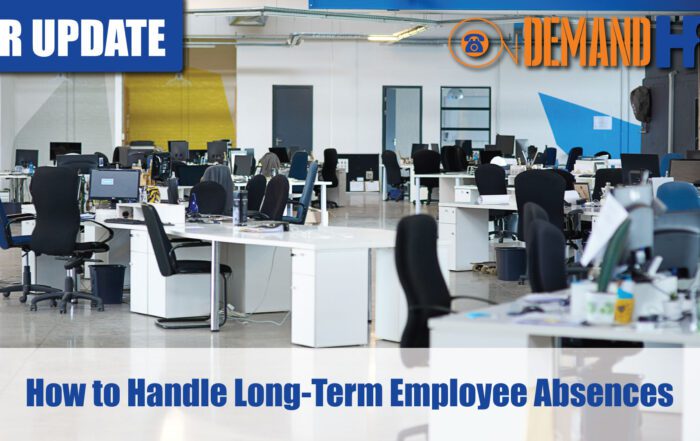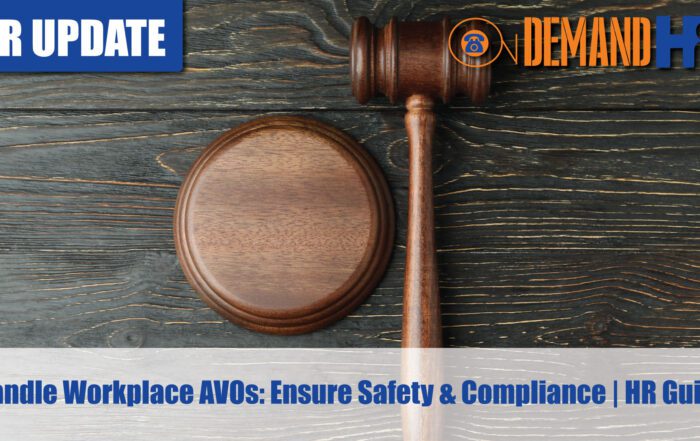Understanding the New Legislation
The Basics of the Domestic Violence Leave Entitlement
The Australian government mandates 10 days of paid Family and Domestic Violence Leave per year for eligible employees. This entitlement is designed to support those experiencing domestic violence, offering financial security while they address their personal circumstances. It’s important to note that this leave does not accrue and resets annually.
Who is Eligible?
Eligibility for paid FDV Leave has been defined broadly to ensure comprehensive support:
- Full-time Employees: Those with a standard employment contract, working regular hours and receiving a yearly salary.
- Part-time Employees: Workers on a contract, but with fewer hours than full-time positions, proportional salary and benefits.
- Casual Employees: Individuals without guaranteed hours of work, who work on an as-needed basis. Despite their casual status, they are entitled to FDV Leave after a certain period of employment, which demonstrates an ongoing work relationship.
- Future Amendments: There are proposals to extend eligibility to non-national system employees, further broadening the scope of support.
Eligibility hinges on the employee needing to address issues directly related to family and domestic violence, which is impractical to manage outside their regular working hours. The definition of family and domestic violence is extensive, covering violent, threatening, or otherwise abusive behavior by a close relative, household member, or a current/former intimate partner that seeks to coerce or control the employee and causes harm or fear.
Compliance and Implementation for Employers
Updating Your Employee Handbook
Incorporating the new FDV Leave entitlement into your employee handbook is crucial. This update should clearly outline eligibility criteria, application procedures, and the type of documentation considered acceptable as evidence.
Communication Strategies
Effectively communicating these updates ensures employees are aware of their rights and the support available. Utilize various channels such as meetings, email communications, and informational sessions to disseminate this information.
Evidence and Confidentiality
When an employee applies for FDV Leave, employers can request reasonable evidence to support the leave request. Handling such requests must balance the need for verification with respect for the employee’s privacy and confidentiality.
Supporting Your Employees Beyond the Leave
Additional Support Mechanisms
Beyond the statutory leave entitlement, offering additional support mechanisms such as Employee Assistance Programs (EAPs), counseling services, and flexible working arrangements can make a significant difference in an employee’s recovery process.
Creating a Supportive Workplace Culture
Developing a workplace culture that promotes understanding and support for employees affected by domestic violence is crucial. Training and awareness programs can equip your team with the knowledge to provide the right support.
Business Outcomes & Key Insights
Adopting a comprehensive approach to implementing Domestic Violence Leave not only ensures compliance but also promotes a healthy workplace environment. By understanding and addressing the eligibility requirements, employers can provide meaningful support to their employees, enhancing overall workplace morale and productivity.
In conclusion, as Australian employers navigate these new legislative requirements, focusing on the eligibility criteria and supporting documentation is essential for a seamless integration of FDV Leave into workplace policies. By doing so, businesses not only adhere to legal obligations but also take a significant step towards supporting their employees through challenging times.






